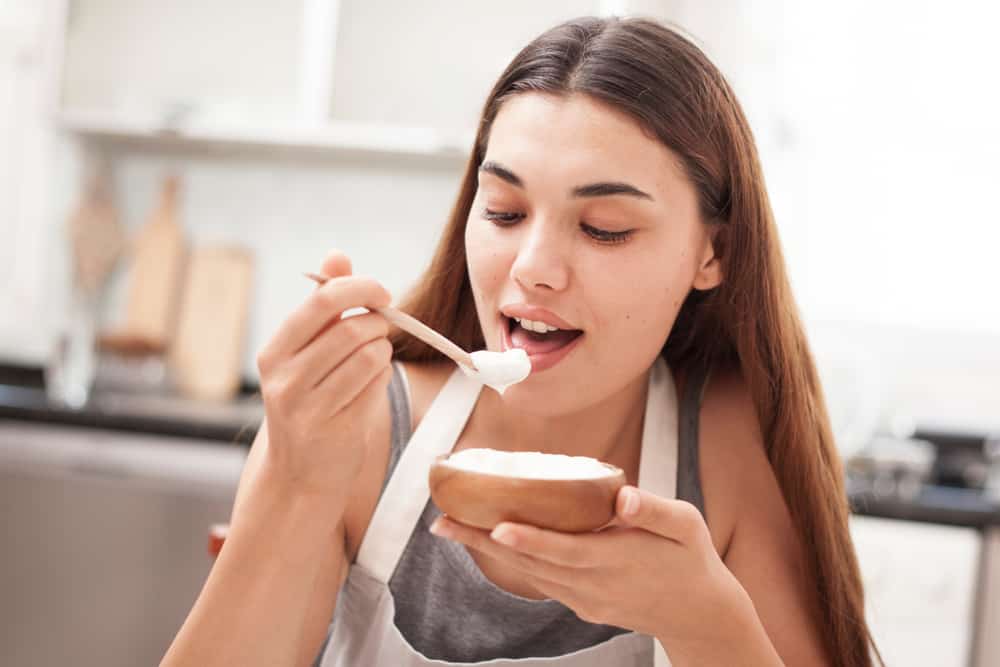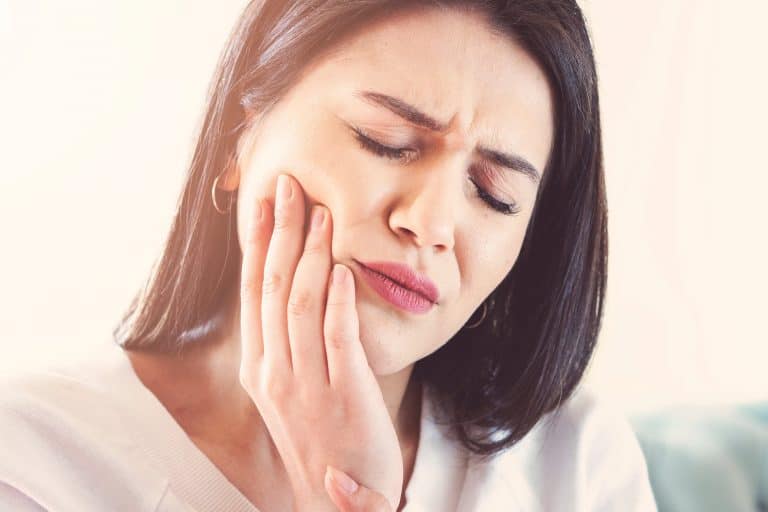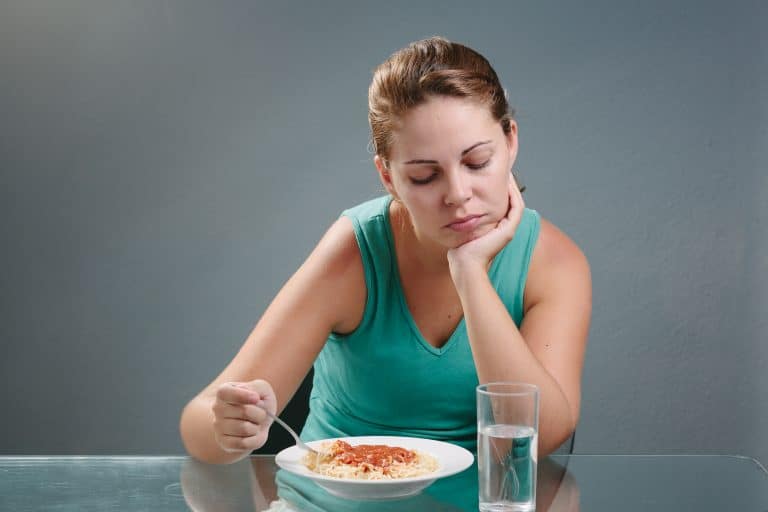Did you recently get your tooth extracted?
You need to be aware of what to eat after tooth extraction. After the treatment, you might feel pain or tenderness, making eating and chewing a little more complicated. But it can be helpful for you if you remember that your oral health and diet significantly impact how quickly you heal after the extraction.
While certain meals will help in the recovery process, others can aggravate the affected area. If you are careless about your diet after tooth extraction, you’ll be more likely to develop bone and gum infections.
Tooth Extraction Reasons
When a tooth is damaged, infected, or crowded, your dentist will suggest removing it. Tooth extraction is also recommended if a filling or crown can’t restore a damaged tooth and there is a risk of further damage and pain.
However, many people go through tooth extraction due to their wisdom teeth. There are several complications of wisdom teeth, such as teeth shifting, dental discomfort, pain, swelling, redness, impacted teeth trying to force through, infections, and even cavities.
Foods After Tooth Extraction
Regardless of the reason you got your tooth extracted, taking care of your diet after the procedure is necessary. You should avoid hot or warm foods immediately after surgery. Also, it’s best if you don’t eat anything for at least an hour after the extraction.
You only need to consume soft foods and liquids 24 hours after the procedure. Eat only easy-to-chew foods and gradually ease into your regular diet. Since most people feel tender after tooth extraction, you should stick to soft foods that require no chewing, including:
- Ice cream / Sorbet
- Milkshake
- Lukewarm soups
- Yogurt but it should not have any fruit bits or nuts
- Soggy Cereal
- Jello
- Pudding
- Eggs
- Well cooked pasta
2 or 3 days after extraction, you can eat foods that require minimal chewing, such as:
- Bread
- Yogurt, including fruit bits
- Pasta
- Noodles
- Eggs
- Soft vegetables like hot mashed potatoes
- Chicken
- Cheese
- Ground beef
- Soups
- Mince products
Foods You Should Avoid
After tooth extraction, there are several food items you need to avoid. Your mouth will appreciate it! These are the foods after tooth extraction that you have to avoid:
- Foods that You have to Chew: Food like meat is not a good choice after tooth extraction. Sticky and chewy foods penetrate the area where your tooth was extracted. It might irritate and slow the healing process.
- Spicy Foods: Avoiding spicy foods is necessary after tooth extraction. Spices that penetrate your extraction wounds, such as cayenne pepper or paprika, can irritate it, and it will take a long time to heal if the area is inflamed.
- Crunchy Foods: While you can’t eat solid foods after tooth extraction, grabbing a snack is tempting. But you have to be cautious. Food items like cookies or chips might become stuck in the extraction site and delay recovery. Avoid nuts and other crunchy foods at all costs.
- Alcohol: After having your tooth extracted, you should avoid alcohol altogether. Alcoholic beverages also delay recovery and may interfere with the dentist’s prescribed medications. Wait until your medications are done and your wound has healed before consuming alcoholic beverages.
Tooth Extraction in Ashfield, NSW
Ashfield Family Dental offers quality dental services, including tooth extraction in Ashfield, NSW, Australia. We have a team of skilled dentists who have years of experience in this field.
So, if you think you need a tooth extraction or any other dental treatment, you can contact us anytime and book your appointment.




